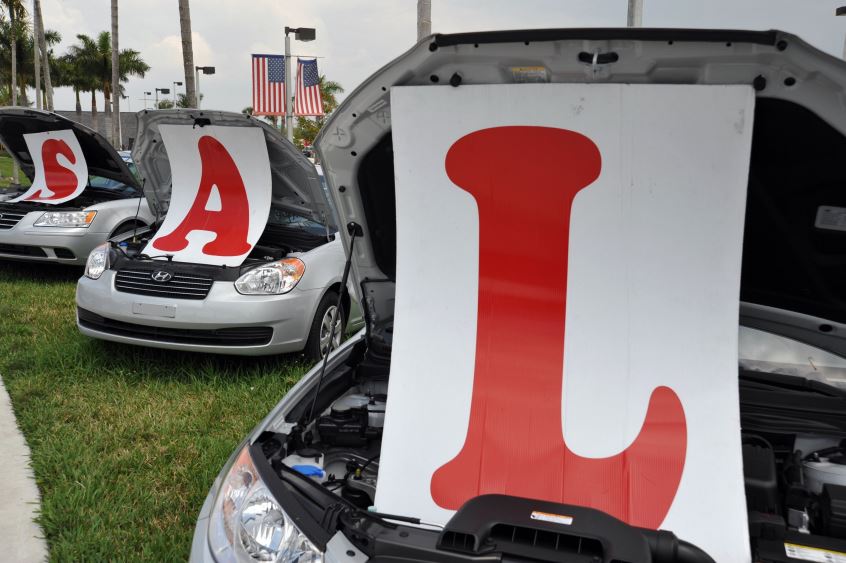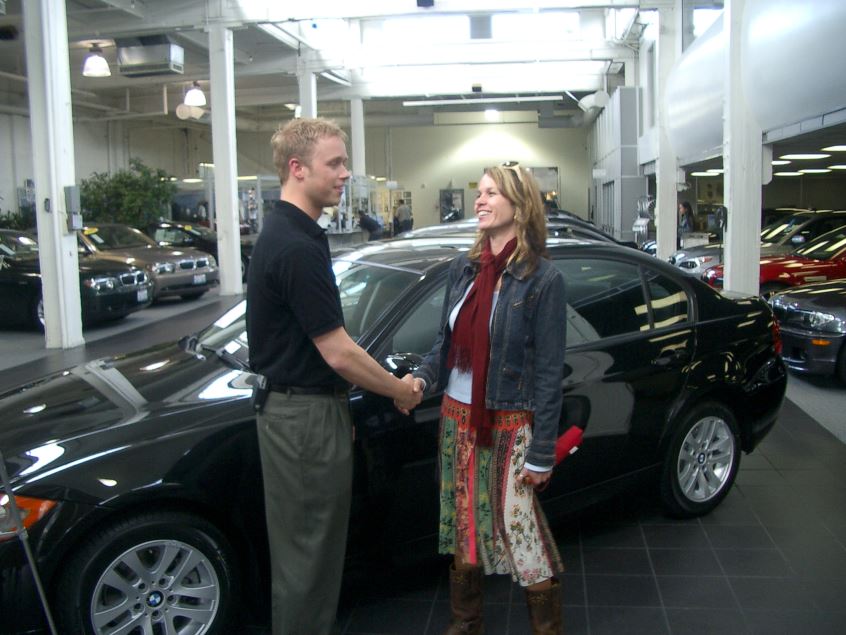
Buying a new or used vehicle can be an intimidating process. The eager sales associates, the perfectly waxed sports cars, the handshakes, the paper work, and the notorious negotiation. All of these things are then wrapped up into one massive rite of passage bow that can make you feel very uneasy about your decision to purchase.
To prevent buyer’s remorse and instead leave feeling like you won the deal, it’s important that you prep in advance of your visit. This would include doing research on the type of vehicle, knowing your max budget and, most importantly, making a list of questions to ask during the sales visit. Here’s a few topics I’d suggest covering during your visit.
1. What is the service and repair history?
For a fee, CarFax and AutoCheck will report on routine service and non-routine repairs on many vehicles, including body repairs following accidents. On occasion auto dealers and previous owners provide a CarFax or AutoCheck report for you or have the service and repair records available. If they do not provide a report, be sure to ask them for one. Otherwise, as a buyer, you have no way of knowing if the vehicle has had severe body damage or if the previous owner kept up with the maintenance.. A vehicle history report is a useful aid, but the best protection is having the vehicle inspected by a professional ASE certified mechanic and iCar Certified body shop.
A dealer should have no issue with lending you the car to have it inspected prior to purchase as long as you leave identification. A private seller may be more reluctant so offer to follow the seller to the shop where the inspection will take place.
While you’re dotting i’s and crossing t’s, another resource to explore is vehiclehistory.gov. The National Motor Vehicle Title Information System (NMVTIS) is designed to protect consumers from fraud and unsafe vehicles and to keep stolen vehicles from being resold. To prevent being burned, do your research prior to signing the papers.

2. What’s the warranty coverage?
Knowing what coverage major auto manufacturers offer under their factory warranty is critical. Whether it’s a bumper-to-bumper warranty, a powertrain warranty, or even corrosion or emission warranty coverage, it’s important to know what’s covered on your make and model vehicle.
AutoConsumerInfo.com provides a list of auto makers with links to information as to the coverage they offer under their warranty. They even have an interactive, visual representation of the warranty coverage. Choose ‘See your warranty in action’, and follow the prompts to get a visual explanation of the factory warranty coverage on the vehicle you choose.
3. Will the car pass safety or emission tests?
Seventeen states have safety and/or emissions inspection programs. For the most part, new cars will far exceed any state's safety emissions standards. But when buying used cars, it is a good idea to have a third party inspect the vehicle before making the purchase. In some states, the buyer has the option of canceling the sale of a car (new or used) if it fails a required car inspection.
Standards differ from state to state, so you would need to check with your local DMV to confirm.

4. Have all the recalls or Technical Service Bulletins been completed?
When purchasing a used car checking up on recalls is necessary, especially if buying from a private seller. To find out if the vehicle has any recalls, find the VIN and go to the
National Highway Traffic Safety Administration (NHTSA) website. You can also call their toll-free hotline (800-424-9393) to find out if thevehicle has ever been recalled for safety defects.
It’s also important to check up on any Technical Service Bulletins (TSBs). TSBs are reports a manufacturer sends its dealers about common or recurring problems with a specific model, and how to rectify them. Because TSBs aren't typically safety related, manufacturers are not obligated to notify owners or pay for the repairs, though an automaker may pay for some or all of the work—if an owner asks them to. Check for any TSBs that were issued for the model you're buying and if the seller had any necessary repairs performed.

5. Does the vehicle have a spare tire?
According to AAA, 30 million vehicles in the U.S. don't have a spare tire for their car. Automakers began eliminating spare tires to make vehicles lighter to meet fuel efficiency standards. Some vehicles do come with standard run-flat tires, which offer 100 miles of range to find a repair shop. Something to consider when evaluating cars during the shopping process.

6. What Other Ancillary Products Are Offered or Included?
Here is a short list of some of the aftermarket products offered by many auto dealers you may not be familiar with that can add value to your purchase. Ask if these are included, the associated cost, and evaluate if they are a good fit for your needs and budget.
- Extended Service Contracts
- Guaranteed Asset Protection (GAP)
- Credit Insurance
- Tire & Wheel Protection
- Vehicle Appearance Protection
- Theft Deterrent
- Key Replacement Protection
- Paintless Dent Repair
- Windshield Chip Repair
Final Thoughts
Getting a good recommendation from a trusted source on where to shop for a car can shortcut many troubling experiences. Check out the dealership reviews before you plan to visit and ask friends who have recently bought cars about their experience with local dealerships, includingtheir impressions of the culture, salespeople, the service department, and the management.







Don't miss out on new content
Thanks for signing up. Set your password and start earning reward points for everything you do on the site.
You already have a Team Valvoline account. Sign in here.
Did you forget your password?
May 30, 2018
Jody DeVere is the CEO of AskPatty.com, Inc, a website and blog that provides automotive education to women.